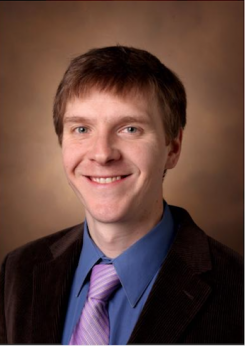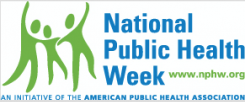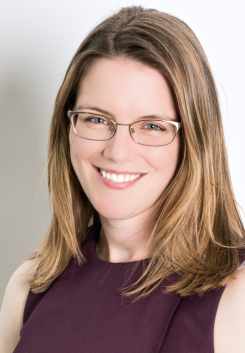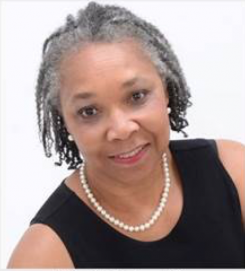JAMA Internal Medicine: Pharmaceutical Industry Payments and Oncologists’ Selection of Targeted Cancer Therapies in Medicare Beneficiaries
Summary: Physicians and teaching hospitals in the United States receive approximately $7 billion from the pharmaceutical industry annually.1 These payments have been associated with higher-cost, brand-name pharmaceutical prescribing.2-4 Whether industry payments are associated with physician treatment choice in oncology is uncertain. We examined the association between oncologists’ receipt of payments from pharmaceutical manufacturers and drug selection in 2 situations where there are multiple treatment options.
Citation:




